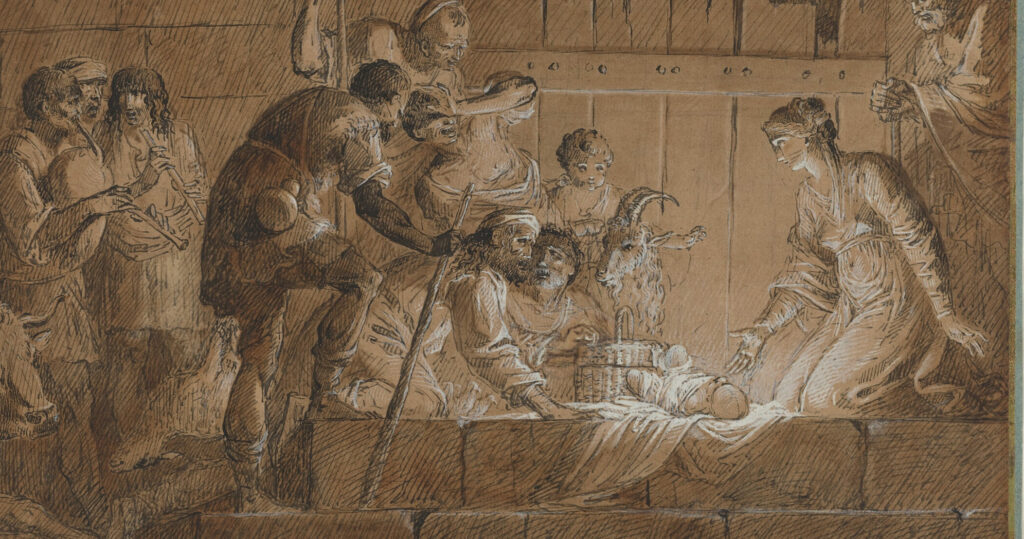by Matthew C. Harrison
“We rejoice in our sufferings, knowing that suffering produces endurance, and endurance produces character, and character produces hope, and hope does not put us to shame” (Rom. 5:3–5).
Do you ever feel like quitting? Quitting friends? Quitting family? Quitting a class? Quitting sports? Quitting school? Quitting church? Quitting life? Of course you have. We all have, and the reasons vary. Life is painful and complicated. It’s a good thing to get out of toxic situations or at least take steps to right them.
And yet, Christians have a unique view on “quitting.” We know that suffering is good — and not just in the sense of “no pain, no gain.” We believe that God works profound blessings through suffering, even when those blessings may not be at all evident to us.
On the road to Emmaus, a couple of Jesus’ disciples spoke the greatest words of irony ever recorded. They said to Jesus (whom they did not recognize), “Jesus of Nazareth … was a prophet mighty in deed and word before God and all the people. … [Our] rulers delivered Him up to be condemned to death, and crucified Him. But we had hoped that He was the one to redeem Israel” (Luke 24:19–21). The irony is this: It was precisely by being put to death that Jesus did “redeem Israel.” He “was delivered up for our trespasses and raised for our justification” (Rom. 4:25). Jesus’ suffering on the cross was the greatest good in history, and yet to His followers who saw it happening, it was scandalous and devastating. It appeared to them that God hated Him and them. But the opposite was true: On the cross, suffering worked the ultimate good. My sins and yours are paid for.
Jesus taught, “Take up [your] cross and follow Me” (Matt. 16:24). In this life, we suffer. We suffer sins against us. We suffer illness. We suffer family problems. We suffer our own failings and weaknesses and those of others. St. Paul — who himself suffered terribly — wrote these comforting words:
Therefore, since we have been justified by faith, we have peace with God through our Lord Jesus Christ. Through Him we have also obtained access by faith into this grace in which we stand, and we rejoice in hope of the glory of God. Not only that, but we rejoice in our sufferings, knowing that suffering produces endurance, and endurance produces character, and character produces hope, and hope does not put us to shame, because God’s love has been poured into our hearts through the Holy Spirit who has been given to us. (Rom. 5:1–5)
We have peace with God in Jesus. Our sins are forgiven, all of them.
In Jesus, we have access to the Father by faith because of His love and grace.
We can rejoice even when we suffer, because suffering helps us tremendously. We learn to endure. And enduring, our character grows strong. And as our character is forged, we learn to hope, to look beyond the present, knowing that in Jesus the future belongs to us. We bend, we even break sometimes. We doubt. We fear. We fail. We cling to Jesus; but more importantly, when we have nothing left, Jesus clings to us. What Jesus said to His apostles, He says to you: “I chose you. You did not choose Me” (see John 15:16).
Love is forged through these trials. Paul says it’s poured into our hearts. God loves me, and ironically, its precisely in trials that I learn that. God loves those around me, and by my suffering I learn to be compassionate and love those suffering around me. And that includes just about everybody I know. “Suffering produces endurance.”
— Pastor Matthew C. Harrison






